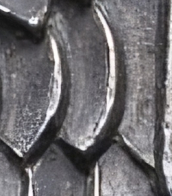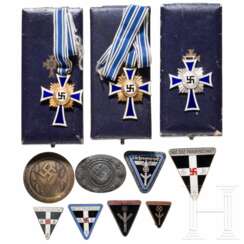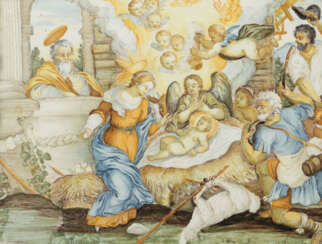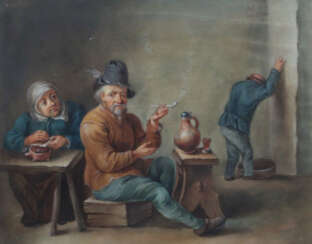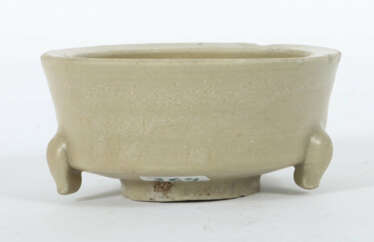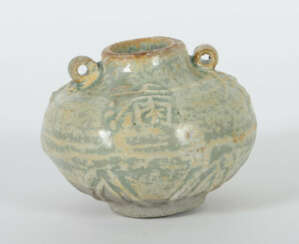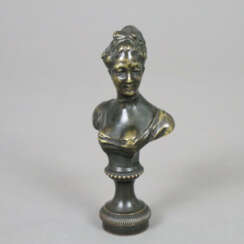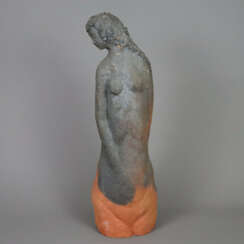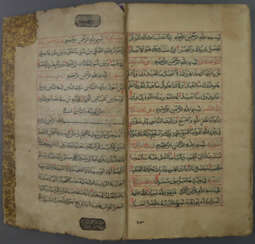rau
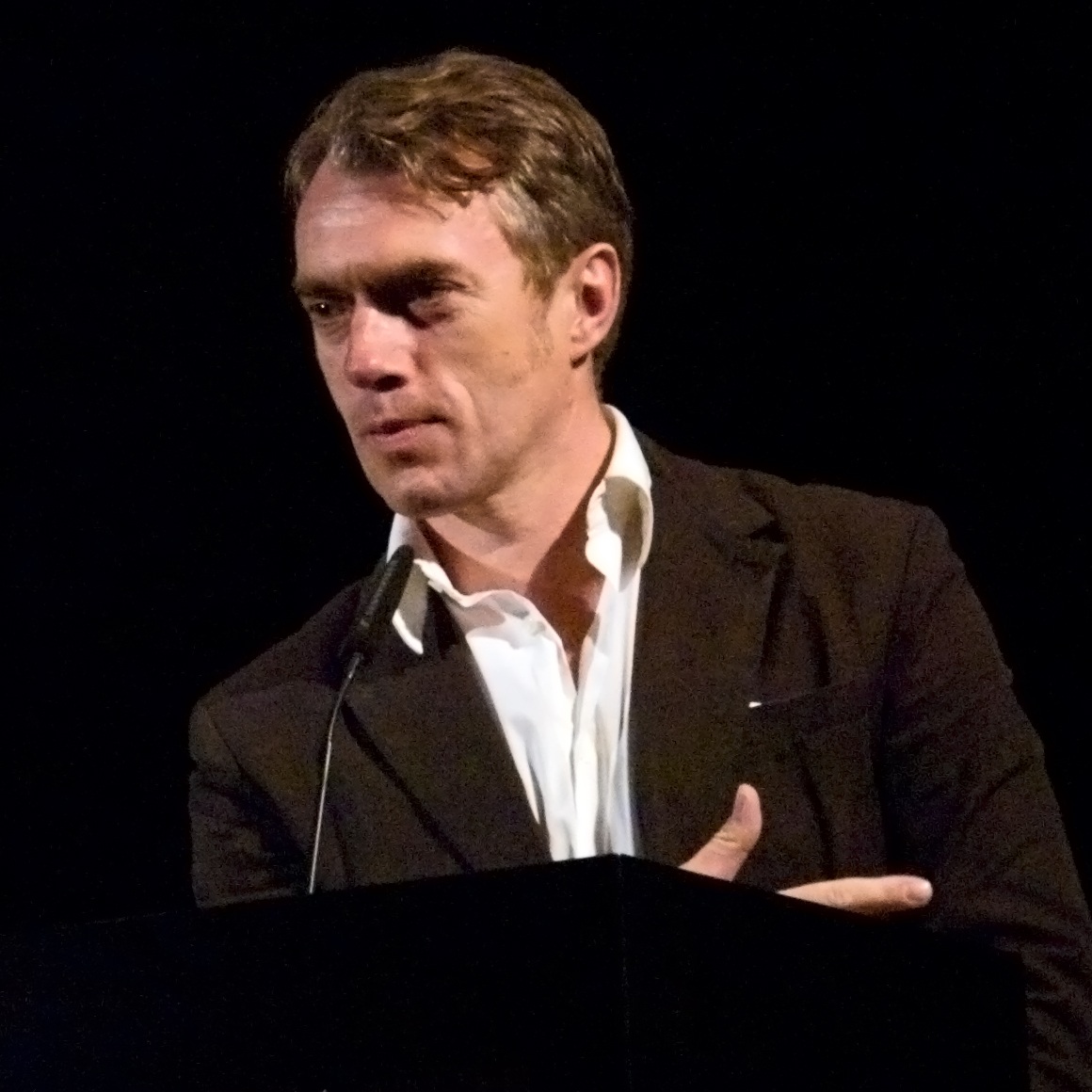
Neo Rauch is a German artist whose paintings mine the intersection of his personal history with the politics of industrial alienation. His work reflects the influence of socialist realism, and owes a debt to Surrealists Giorgio de Chirico and René Magritte, although Rauch hesitates to align himself with surrealism. He studied at the Hochschule für Grafik und Buchkunst Leipzig, and he lives in Markkleeberg near Leipzig, Germany and works as the principal artist of the New Leipzig School. The artist is represented by Galerie EIGEN + ART Leipzig/Berlin and David Zwirner, New York.
Rauch's paintings suggest a narrative intent but, as art historian Charlotte Mullins explains, closer scrutiny immediately presents the viewer with enigmas: "Architectural elements peter out; men in uniform from throughout history intimidate men and women from other centuries; great struggles occur but their reason is never apparent; styles change at a whim."
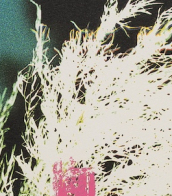
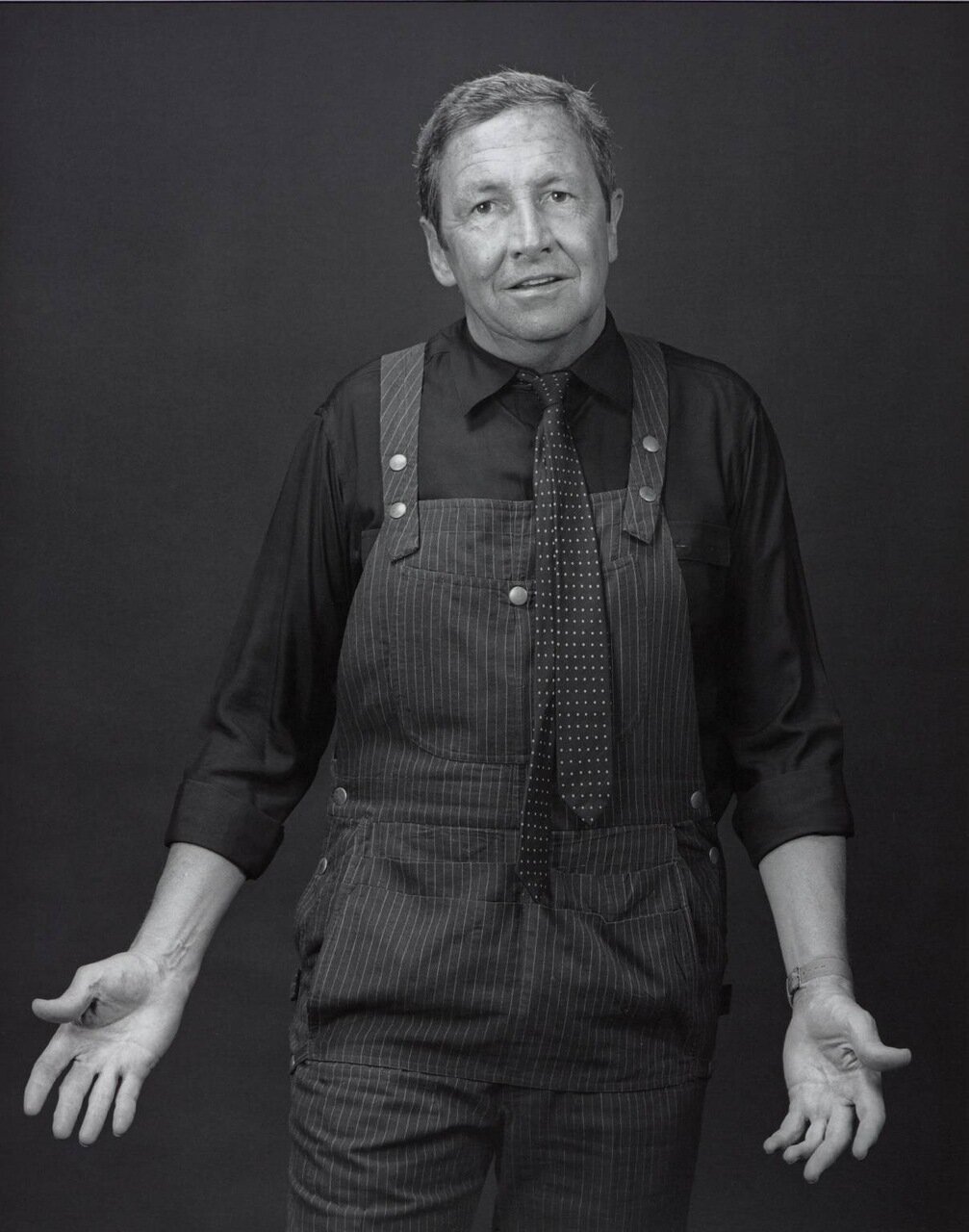
Robert Milton Ernest Rauschenberg was an American artist renowned for his pioneering work that blurred the boundaries between painting and sculpture, thereby anticipating the Pop art movement. From his early days at the Art Students League of New York to his experiments at Black Mountain College, Rauschenberg's career was marked by innovation and collaboration. His "Neo-Dadaist" approach, shared with contemporaries like Jasper Johns, questioned traditional distinctions between art objects and everyday items, drawing inspiration from Marcel Duchamp's Dadaist principles.
Rauschenberg's most notable works, such as "Erased de Kooning Drawing" and his "Combines," utilized found materials and images to create new art forms that challenged viewers' perceptions. His use of non-traditional materials like twine, soil, and even taxidermied animals, alongside traditional canvas and paint, set new precedents for what could be considered art. His groundbreaking silkscreen paintings incorporated found images, further cementing his role in the evolution toward Pop art.
The artist's work is represented in major museums and galleries worldwide, reflecting his significant impact on contemporary art. His pieces like "Canyon" and "Monogram" are celebrated for their innovative integration of sculpture and painting, while "Signs" captures the tumultuous spirit of the 1960s through its collage of cultural figures and events, housed in institutions like the Museum of Contemporary Art, San Diego, and The Minneapolis Institute of Arts.
For collectors and experts in art and antiques, Rauschenberg's oeuvre represents a critical junction in the history of modern art, where the lines between different media and disciplines were explored and often erased. His legacy is not just in the objects he created but in his bold reimagining of the art-making process itself, encouraging a dialogue between art and life that continues to inspire artists today.
For updates on new product sales and auction events related to Robert Milton Ernest Rauschenberg, consider signing up for our newsletter. This subscription service is tailored specifically for enthusiasts eager to stay informed about the latest opportunities to acquire works by or related to this transformative artist.

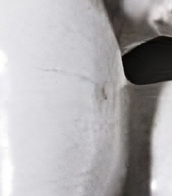
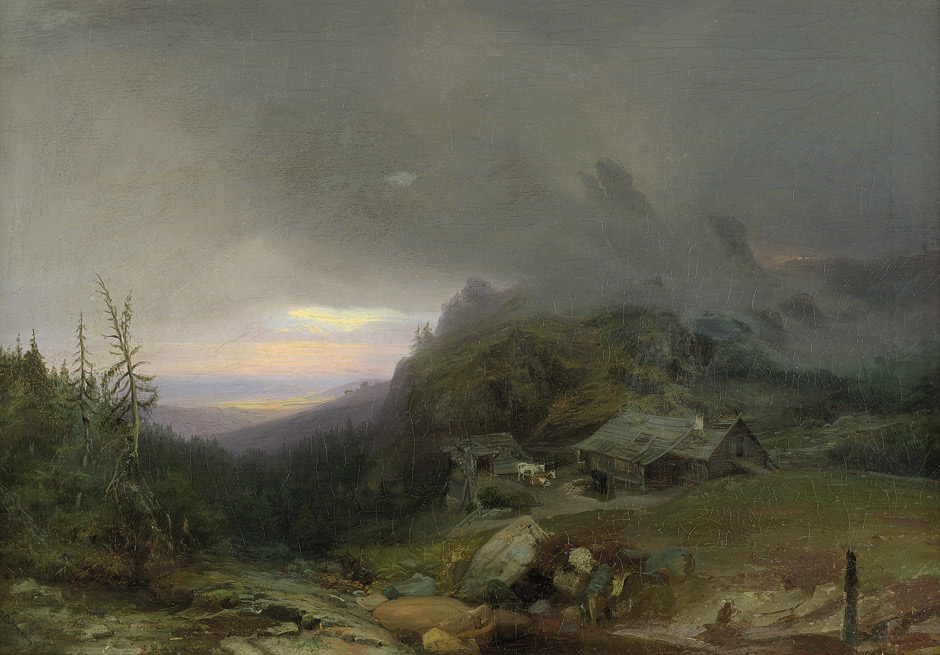
Leopold Rottmann was a German painter of the mid-nineteenth century. He is known as a landscape painter who worked in oil painting and watercolor.
Leopold Rottmann was a proponent of naturalistic and heroic-historical painting. He was the drawing teacher of the future King Ludwig II of Bavaria. Later commissioned by Ludwig, who was inspired by Richard Wagner, Rottmann created the artwork for the production of the composer's opera Lohengrin in 1861.
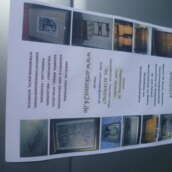
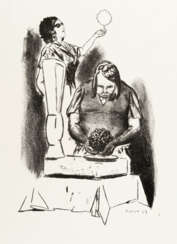



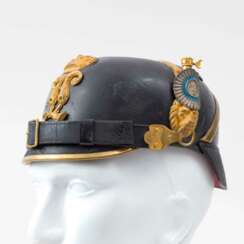

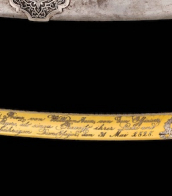
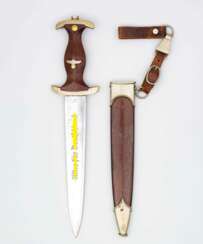

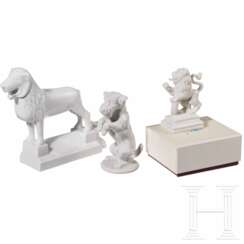

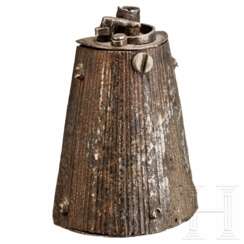

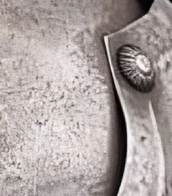


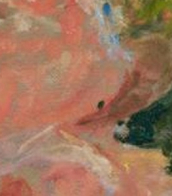
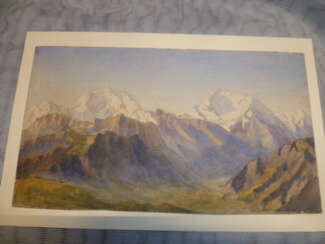

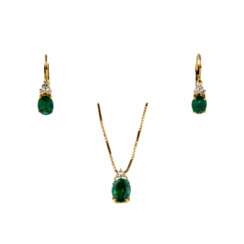


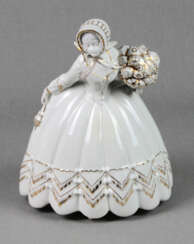

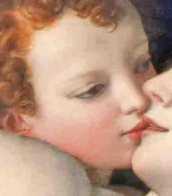


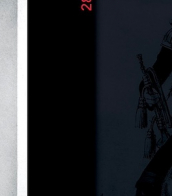










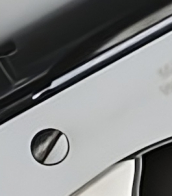
![Lessmann, Johanna: Italienische Majolika, Katalog der Sammlung [des Herzog Anton Ulrich-Museums], Braunschweig, 1979](/assets/image/picture_5038235/02e04/90p80fmgwxyuafjpqyxe5ehzqkgxsn41aovswk059aezuivckkpkukb-flvm2ri1761840251jpg__fix_374_244.jpeg)
![Lessmann, Johanna: Italienische Majolika, Katalog der Sammlung [des Herzog Anton Ulrich-Museums], Braunschweig, 1979](https://veryimportantlot.com/assets/image/picture_5038235/02e04/90p80fmgwxyuafjpqyxe5ehzqkgxsn41aovswk059aezuivckkpkukb-flvm2ri1761840251jpg__fix_374_244.jpeg)


